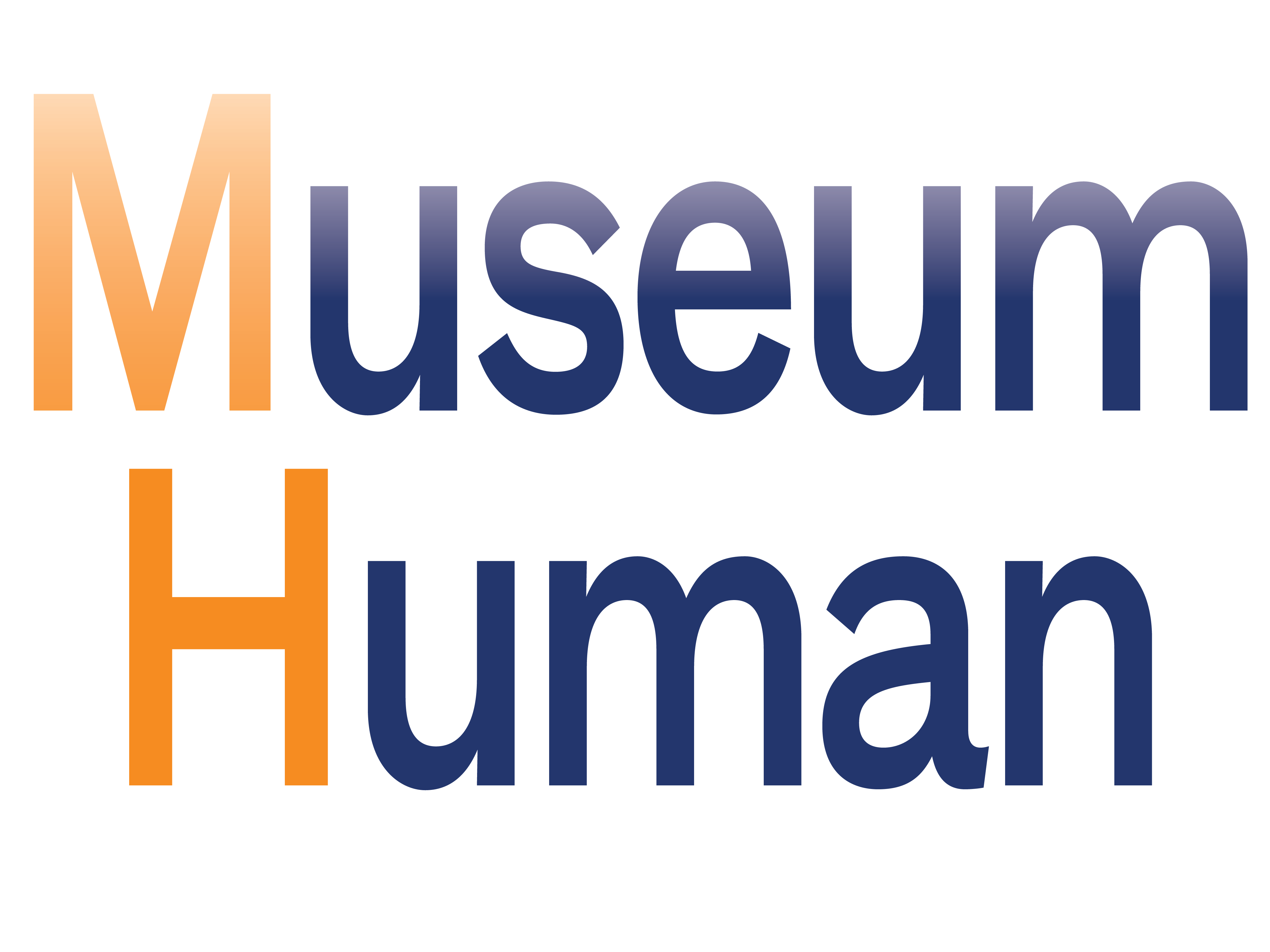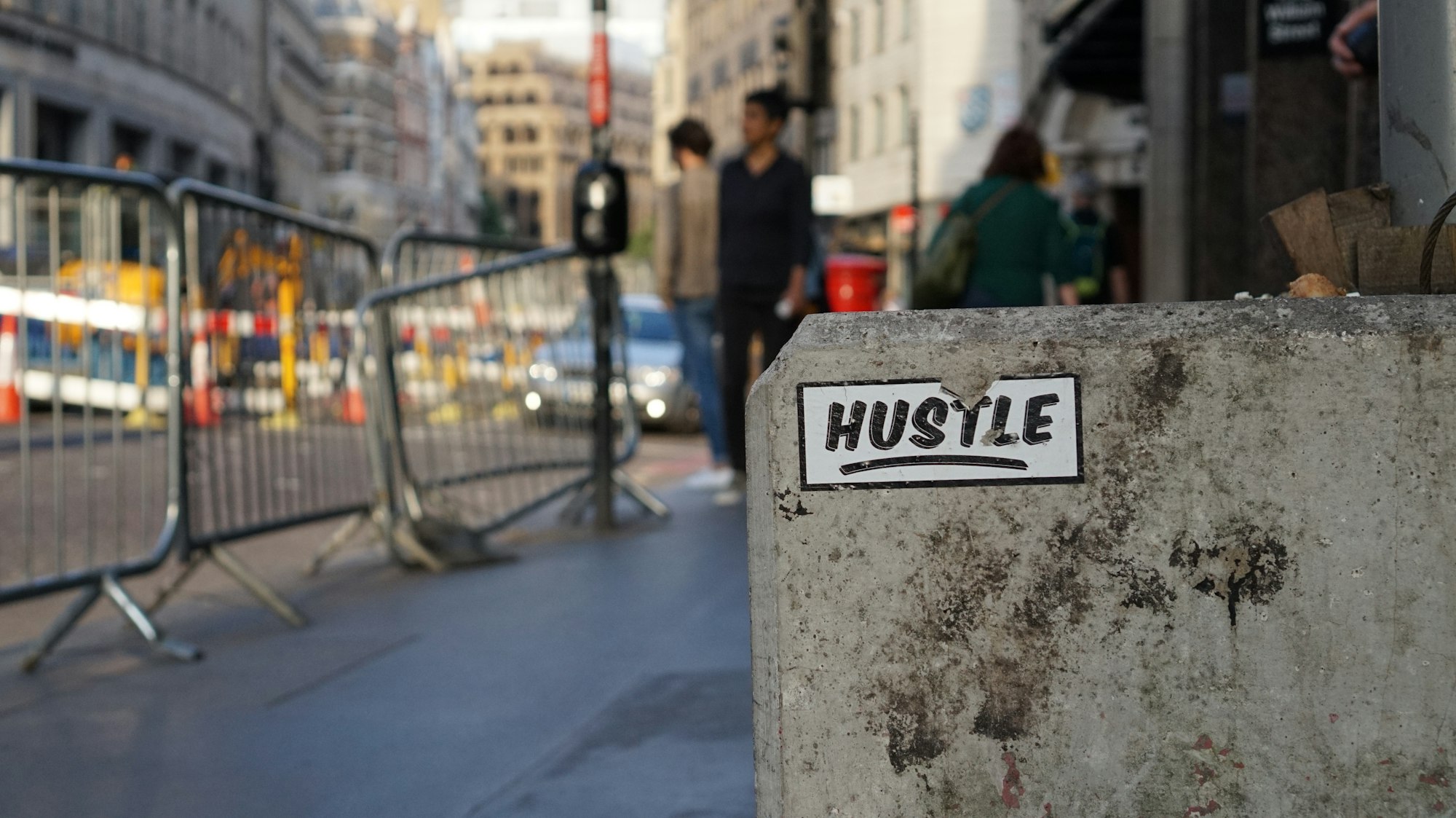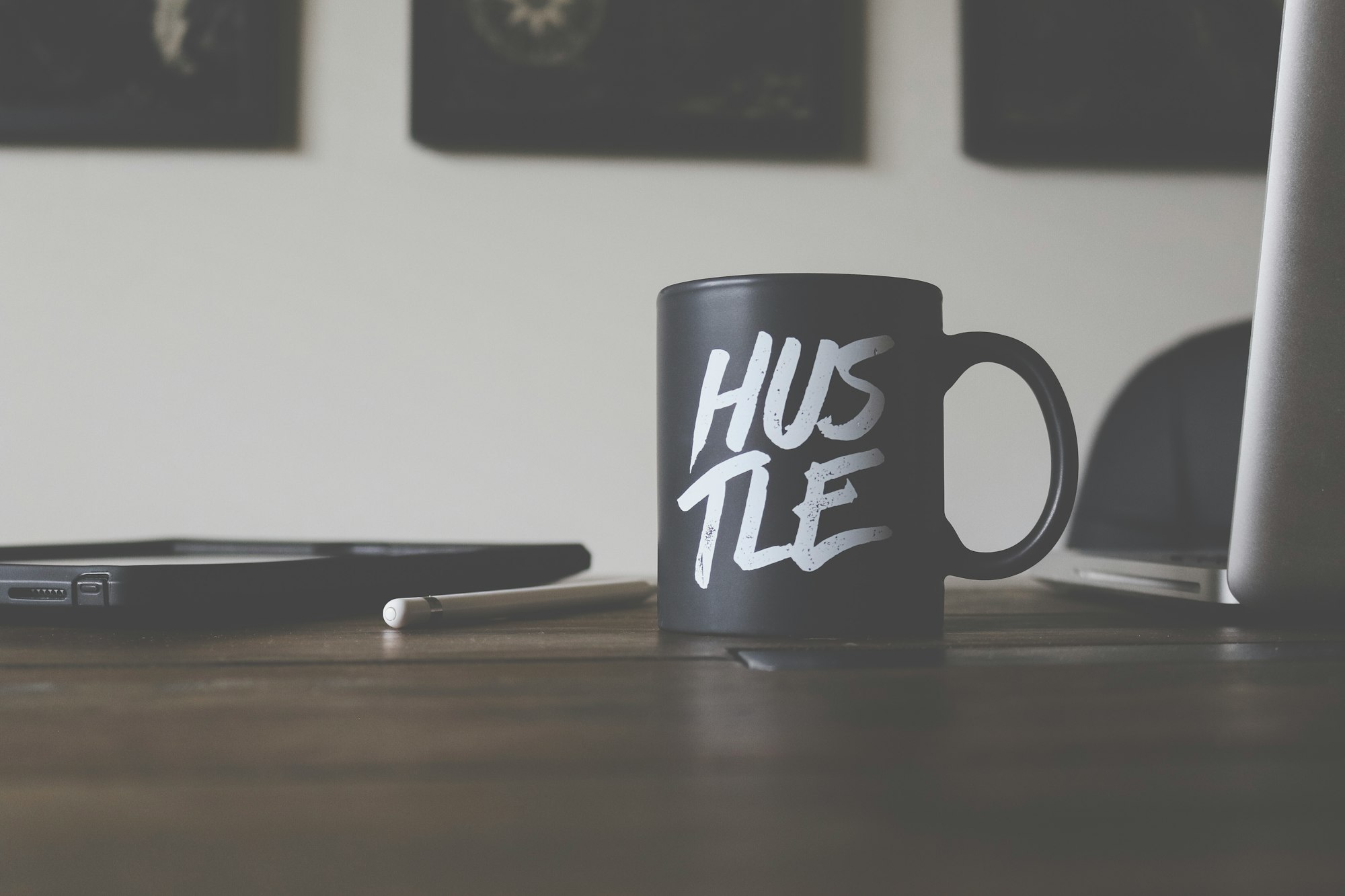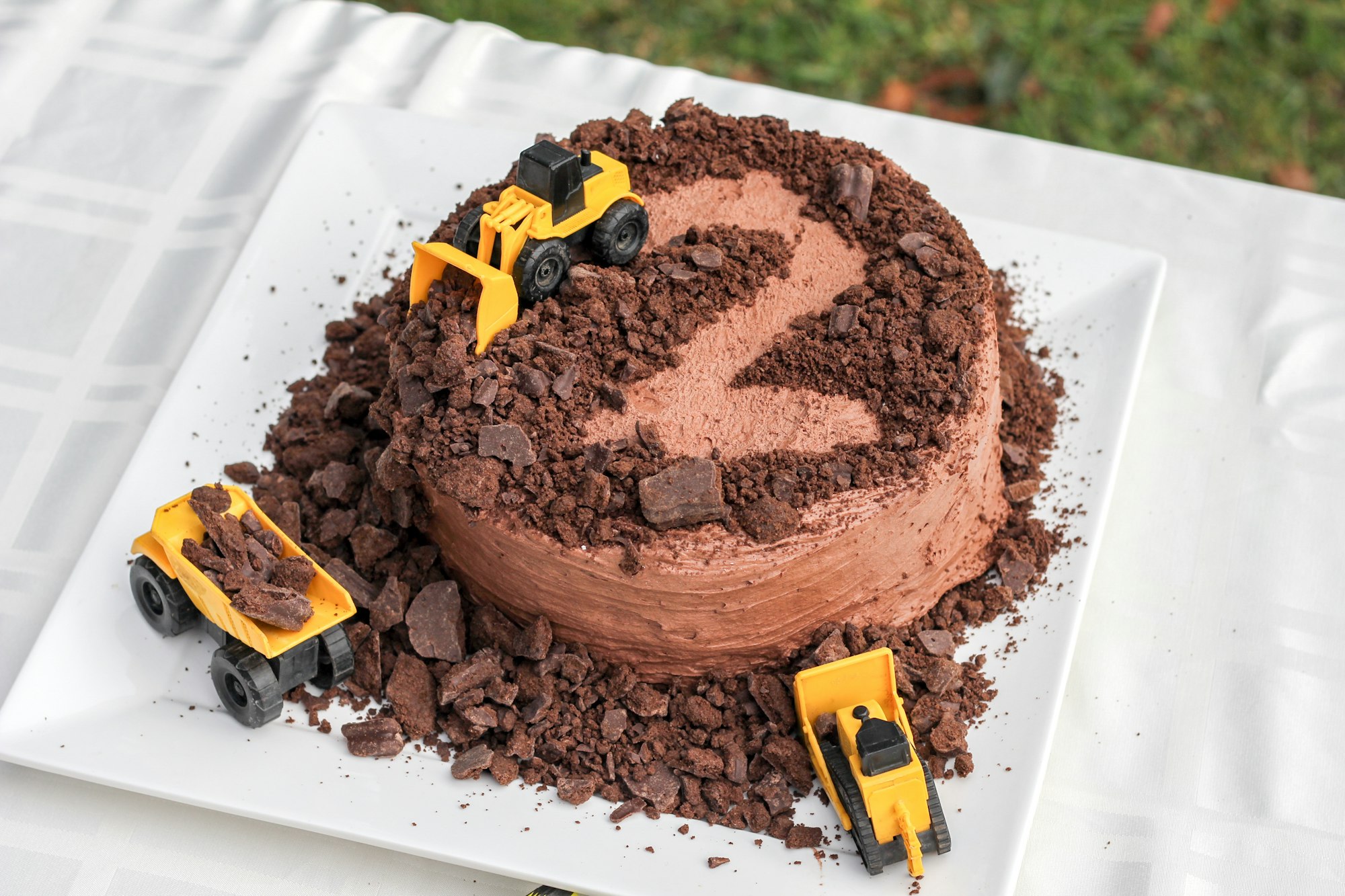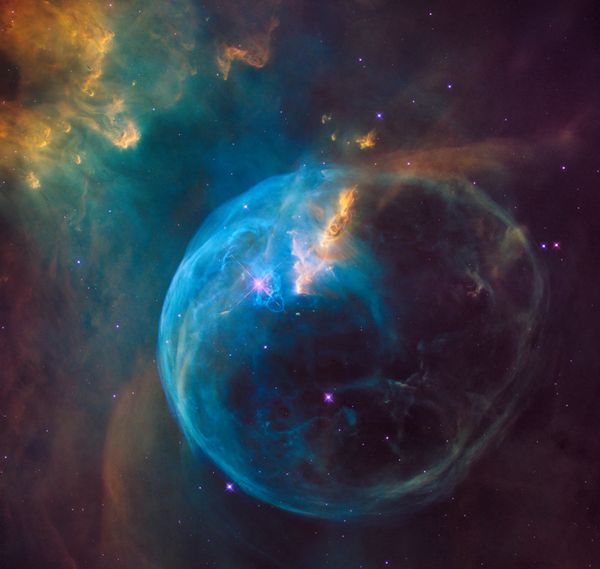
I'm changing this site's title from my name to something more … human. Call it a first exercise in de-centering.
Why Museum Human? Well, once upon a time this site, and my primary online identity, was going to be called "Museum Connector," which felt to me like what I did professionally, connecting people within my department, my large institution, and the field, to each other. Even though my first job title was "computer specialist," I learned pretty quickly that workplace technology, applied correctly, is only as good as the better work lives it allows your colleagues (and your customers) to achieve.
But the advice back then was all about branding, and I was told to emphasize myself as the brand. After all, wasn't it possible that this site would be about more than museum work? So I made the name of the website and my entire online identity about me, robertjweisberg.
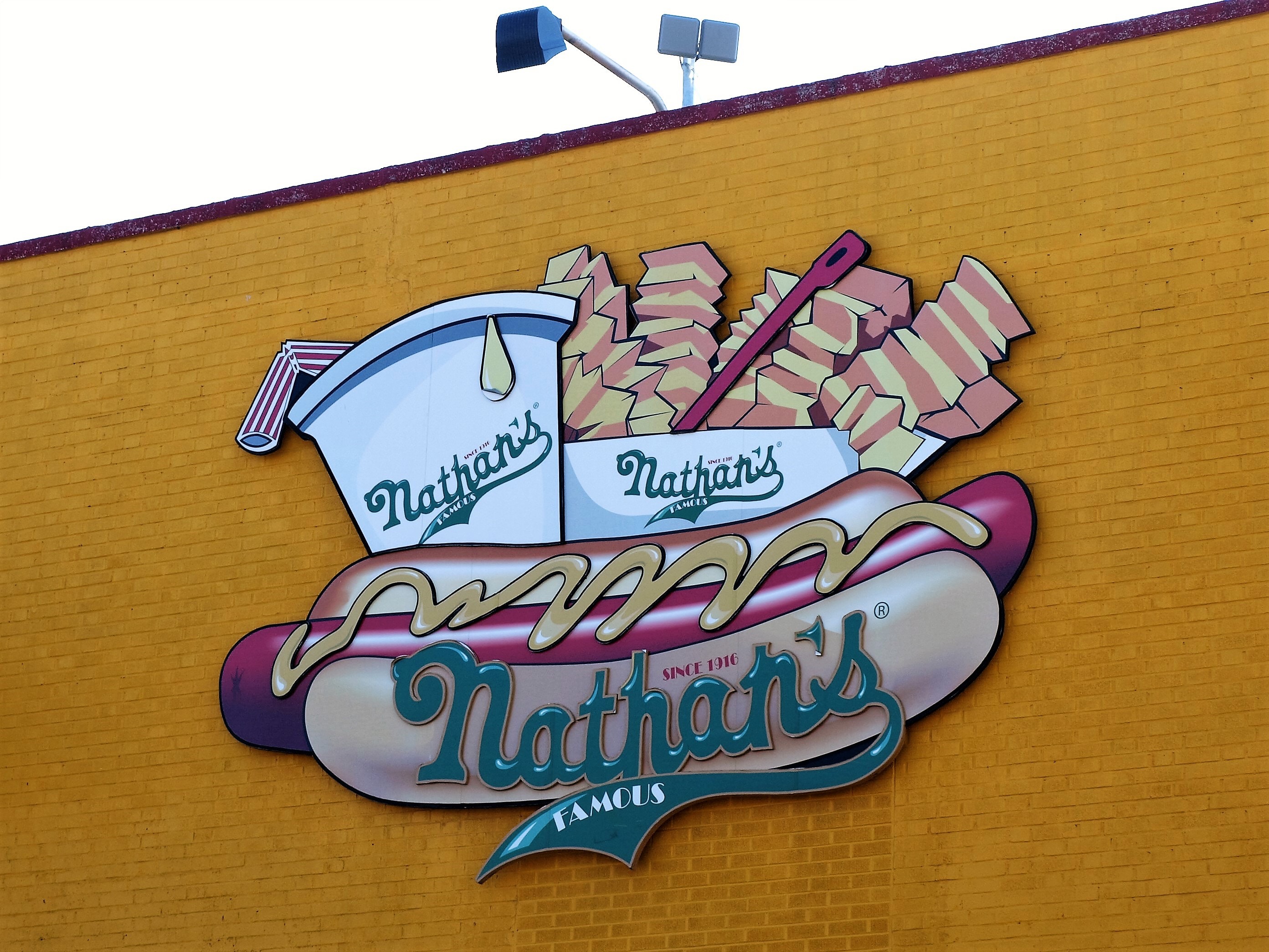
As time went on, I started to feel like that emphasis was a bit … narcissistic. I'm not big on wading into the online validation about the current catastrophe, and the world of museums is a plenty big enough sandbox to occupy my online writing. Debates about the future of online content showed up in discussions about how to get art, and the text written about it, into a digital format which works for different audiences. Questions about decentering the white patriarchal hegemony turned into following and writing about #MuseumsRespondtoFerguson and #MuseumsAreNotNeutral, including my own role in maintaining oppressive power structures and how to move from nice intentions to join in the real impact that so many others have made (start with LaTanya S. Autry's incredible Social Justice & Museums Resource List, then check out the MASS Action toolkit and reading group). Obviously, there's more to the world than museums—but writing about museums, and my interest in them as workplaces, is my online identity, and I want this site to reflect that.
Museum Human, a manifesto of sorts
So what is "Museum Human"? It's looking for humanity, humanism, humanization (can I say human* ?), in the museum as a workplace—modeled after welcome trends in museums needing to be more human (not exclusionary, not colonial, not patriarchal, not racist, not elitist—yes, these are negations, but we have to start by calling these things out for what they are) to our visitors and audiences. Internal and external have to be aligned if an organization is going to grow in meaningful and authentic ways.
In Museum Human, I will write about museums as places to work, current trends in organizational design which can be of use in museums, and how better-quality leadership and professional development opportunities can help. I want to highlight the continuing project of dismantling the cis-white-male-ableist hegemony, reinforced by the current scarcity/austerity mindset which the late capitalist Matrix has forced onto museums. Systems are not human. People are. And it's time museums reflected that for all people.
Black holes like the one below, recently imaged in galaxy M87 (and the supernova bubble in the NASA photo (via Unsplash) as this post's cover image), are a result of change and interconnectedness. You've heard the "we are all stardust" thing. Well sometimes change explodes really, really violently, and even if it feels really far away or long ago, it leaves its remains for all of us to see, and makes more complex dynamics possible. I still believe that. Or, maybe I just like my astronomy particularly cataclysmic. And our changes are happening a lot closer to home and work.
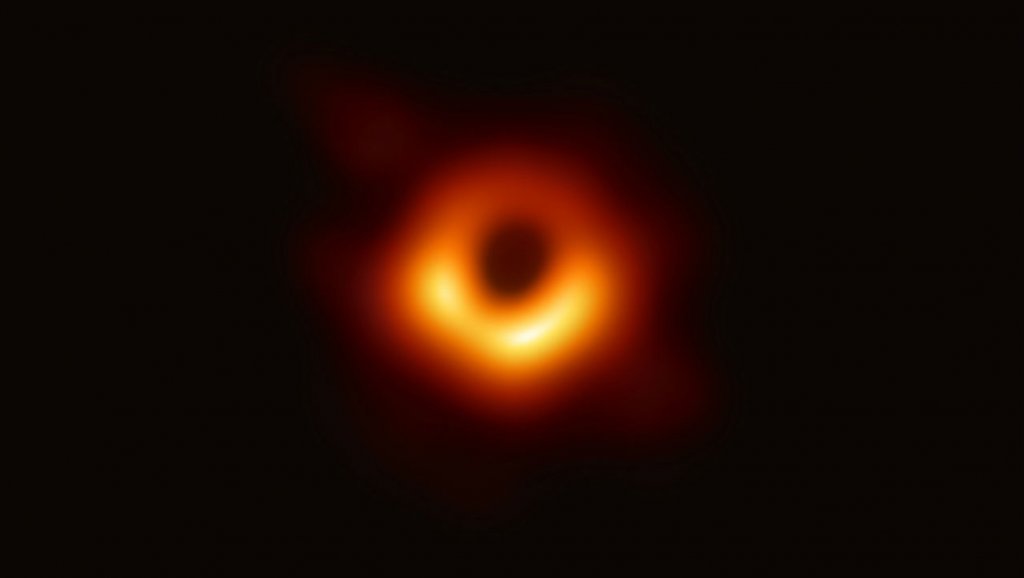
The changes on this site will be a process, and probably a little bumpy. I don't plan to take the site down to make all the changes at once. I've already changed the name on the site (and my twitter screen name), and I'll be trying out a new theme (or two) shortly and seeing what happens. I fully expect to break the site more than a few times, but that's how I learn, and it's not like I'm going to crash the entire internet (though that would be something, wouldn't it?). This site is built in Ghost, rather than WordPress, which makes everything a little more bespoke-y. So expect a few links-to-nowhere and icons-that-do-nothing as I play around with the theme and teach myself just enough CSS to be dangerous.
So … here … we … go. Thank you for sticking around!
What I'm reading and listening to:
- Museums and the Paradox of Change, by Robert R. Janes—this was on my bookshelf for a long time. I just finished and highly recommend it.
- Museum Activism, edited by Janes and Richard Sandell, also recently finished, with a lot of material (34 chapters). Mike Murawski from the Portland Art Museum and I did some tweeting back and forth about the first half of the book.
- Winners Take All: The Elite Charade of Changing the World, by Anand Giridharadas, not surprising if you've at all woken up from The Matrix of mainstream neoliberal achieve-first-ask-questions-later, but for museum workers the chapter featuring Darren Walker of The Ford Foundation and the questioning of where our institutional money comes from is especially interesting—never mind the whole, "well I'm working in a museum so at least I'm not making the world a worse place" thinking
- The Fifth Discipline, by Peter Senge, with its modern organizational take on systems thinking, is a foundational work of modern org design
- Podcasts on Stitcher—I just rebuilt my podcast playlist on this app, so I finally have a good order of episodes, between Douglas Rushkoff's Team Human, Manoush Zomorodi's Note to Self, Kara Swisher's Recode Decode, the Center for Documentary Studies's Scene on Radio, Harvard Business Review's HBR IdeaCast, Shankar Vedantam's Hidden Brain, and Kim Essendrup and Kate Anderson's Project Management Happy Hour. I'd be lying if I said that podcast listening is easy for me—I'm easily distracted from audio and usually prefer to get my information from book/screen reading … but since I like to read for information with a pad of sticky-notes handy, I can really only doing that while commuting if I have a seat. So we'll see.
If you enjoyed this post, and you're not already a member of Museum Human, consider subscribing for free to read more about issues in the museum sector through an organizational culture lens. It's the only way to read new posts, get full access to the entire MH archive, and check out exclusives like the members reading list. Subscribe and join hundreds of your fellow cultural-sector readers today!
cover photo of supernova bubble by NASA on Unsplash [description: a large bubble-like structure in space amongst vibrant colors of nebulae]

Museum Human: A (Re-)Introduction by Robert J Weisberg is licensed under a Creative Commons Attribution-NonCommercial-ShareAlike 4.0 International License.
